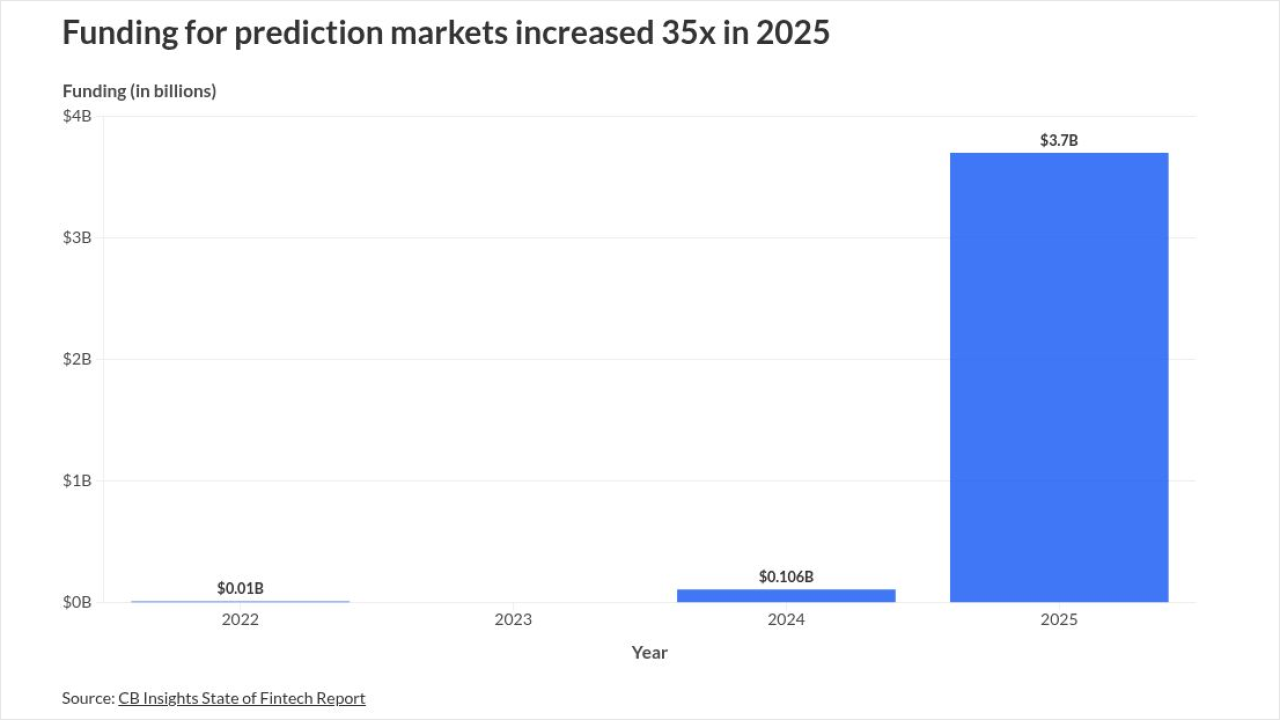DENVER—As the Consumer Financial Protection Bureau prepares to establish national rules regarding payday lending, the success of Colorado's payday lending law may provide some type of model for federal action on matter. But the credit union community is cautioning that a closer look is necessary, and that basing nationwide standards on the Colorado statute might not solve the problem.
Colorado's payday lending law was born out of compromise. Consumer advocates had been pushing for an annual percentage rate cap of 36%, which would have effectively pushed the payday industry out of the state.
But the usury-cap legislation hit a wall in the state Senate in 2010. Soon a deal was struck, and signed into law by Democratic Gov. Bill Ritter.
The impact was dramatic. The number of payday loans made in the state plunged from 1.57 million in 2009 to just 444,000 two years later. More than half of the state's payday stores closed. The big national chains generally were able to adapt, but many smaller operators went out of business.
The new law banned payday loans of less than six months, and it included provisions meant to ensure that those six-month installment loans would not be as expensive as the two-week products they were replacing.
Importantly, the law allows borrowers to pay off their loans at any point within the six-month term without owing a penalty.
In the decade before the law took effect, average APRs on payday loans in Colorado ranged from around 340% to 400%, according to data from the state.
Under the new law, a borrower who takes out a $300 loan and pays it off in 30 days owes a total of $21.75, which translates to an 86% APR. If the borrower waits 180 days to pay off the loan, he owes $240, or a 162% APR.
Good, But Could Be Better
"Overall I do think it was good for consumers—but certainly not as good as going to a credit union," said Mark Robey, SVP of regulatory affairs at the Mountain West CU Association, the joint league serving Colorado, Arizona and Wyoming. Robey and others who spoke to Credit Union Journal for this story indicated that while any changes that protected consumers from predatory payday lenders were good, the payday lending alternatives offered by credit unions are still a preferable product in most cases.
While payday lending and payday lending shops saw stark declines in the Rocky Mountain State, credit union memberships have also been on the rise there. Membership rose by an average of 2.6% during the last three years (3.8% in 2013, 3.3% in 2012 and 0.9% in 2011), and as of June was up by 3.7% for 2014.
But Mountain West officials cautioned drawing any link between the payday lending law and increases in credit union membership.
"I don't think there's any significant correlation you can draw conclusions from," said Robey.
The number of payday loans made in Colorado may have decreased, but that doesn't mean consumers don't still have short-term lending needs.
"A credit union, as opposed to the typical corner payday lender, is much more willing to work with a member to craft terms of a loan that make sense for that member, as opposed to a payday lender that is going to charge the maximum they can, and they're not going to work with the consumer on the terms of the loan," he added.
Let's Be PALs
At Denver Community CU it's difficult for VP of Marketing and Education Helen Gibson to say whether or not the law has benefited credit unions.
"I would say it's better [in Colorado] with it than without it," she told CU Journal. "Is payday lending still a problem here? Are their rates still a lot higher? Yes, they are—but it's definitely an improvement over what payday lending looked like before the law passed."
DCCU offers what it calls a "Pay Advance Loan" (or PAL for short), though it doesn't advertise the product. Gibson said there hasn't been any significant change in demand for that product as the number of payday loans in Colorado has gone down. Rather, she said, the declining number of payday loans is likely due to consumers not getting stuck in a vicious cycle now that the law requires a minimum six-month term.
This year's PAL numbers at Denver Community are on track to finish fairly similar to last year's, with 83 members served through the end of October, compared to 107 individuals accessing the loans in 2013 (though some members accessed the loan more than once).
While the law has not directly impacted the credit union, said Gibson, "it would be naïve to say it hasn't helped us, because if it has helped our members not get stuck in that situation where they're getting more and more behind, then it's going to help the credit union as a whole." She called the benefit "indirect," making it hard to measure, but offered the example that members may not be going into charge-off status on other loans they have with the credit unions because they're not getting stuck in payday cycles.
Denver Community elects not to advertise its PALs "because they are incredibly high-risk," said Gibson. The loans do not have credit requirements, but members must have a history at the CU and have a specific relationship with DCCU to qualify.
"They still tend to be higher in delinquencies and a higher cost to the membership as a whole, because of the time it takes to process the loan," she said. "The amount of time it takes for a $10,000 Visa versus a $500 Pay Advance is about the same, but the value to the membership of the $10,000 line of credit is going to be a lot more, so you have to watch your resources."
Denver Community has always used PALs as a tool to help members, rather than growing its loan portfolio, and it also has been beta-testing a similar product from the Filene Research Institute's incubator called the "Employer-Sponsored Small Dollar Loan."
Rocky Mountain Vs. Big Sky
One state that took a similar path to Colorado is Montana, where in 2010 a group called Cap the Rate pushed the state to cap interest rates on payday loans in Big Sky Country.
Karen Smith, executive director of Montana CUs for Community Development—the 501(c)3 arm of the Montana CU Network—explained that the league's response was an awareness campaign to make consumers in the state aware that credit unions could offer an even better alternative to payday loans, regardless of whether the Cap the Rate campaign succeeded (it eventually did).
Twelve CUs throughout the state tracked that product during and after the campaign, and in Q3 of 2010 those CUs saw a 24.4% increase in usage and a 26.7% increase for Q4.
The campaign—which utilized TV, radio, partnerships throughout the state and more—focused on the fact that most CUs make loans as small a $300. The ads did not address membership eligibility. Pricing and underwriting criteria were left up to individual credit unions.
"It comes down to the fact that this is what credit unions offer anyway, but we were trying to get folks to think about 'Should I go to my credit union? I only need $300 to get me through the next month or two,'" said Smith. "Why not think of your credit union rather than going to a high-cost payday lender."
Et Tu, CFPB?
Cap the Rate "essentially shut down payday lending in Montana," she added, though web-based lenders continue to be a problem. So with the Colorado law also having impacted the industry there, should the CFPB look to those states as models? Credit union observers aren't so sure.
Both MWCUA's Robey and Denver Community's Gibson said that the Colorado example may be a place to start, but the CFPB should look beyond just that law—and look at credit union practices as well—before finalizing anything.
Other observers have said the Rocky Mountain model may carry over nationally.
"Overall, [Colorado's] experience may be pretty useful in foreshadowing what the market's going to look like under CFPB's rule," said Alex Horowitz, a research manager at the Pew Charitable Trusts.
Another sign that Colorado's law may be the basis for federal rule-making? Laura Udis, who formerly administered the state law as an attorney in the Colorado Attorney General's Office, was hired last December as manager of the consumer bureau's payday lending program. Udis was unavailable for comment.





